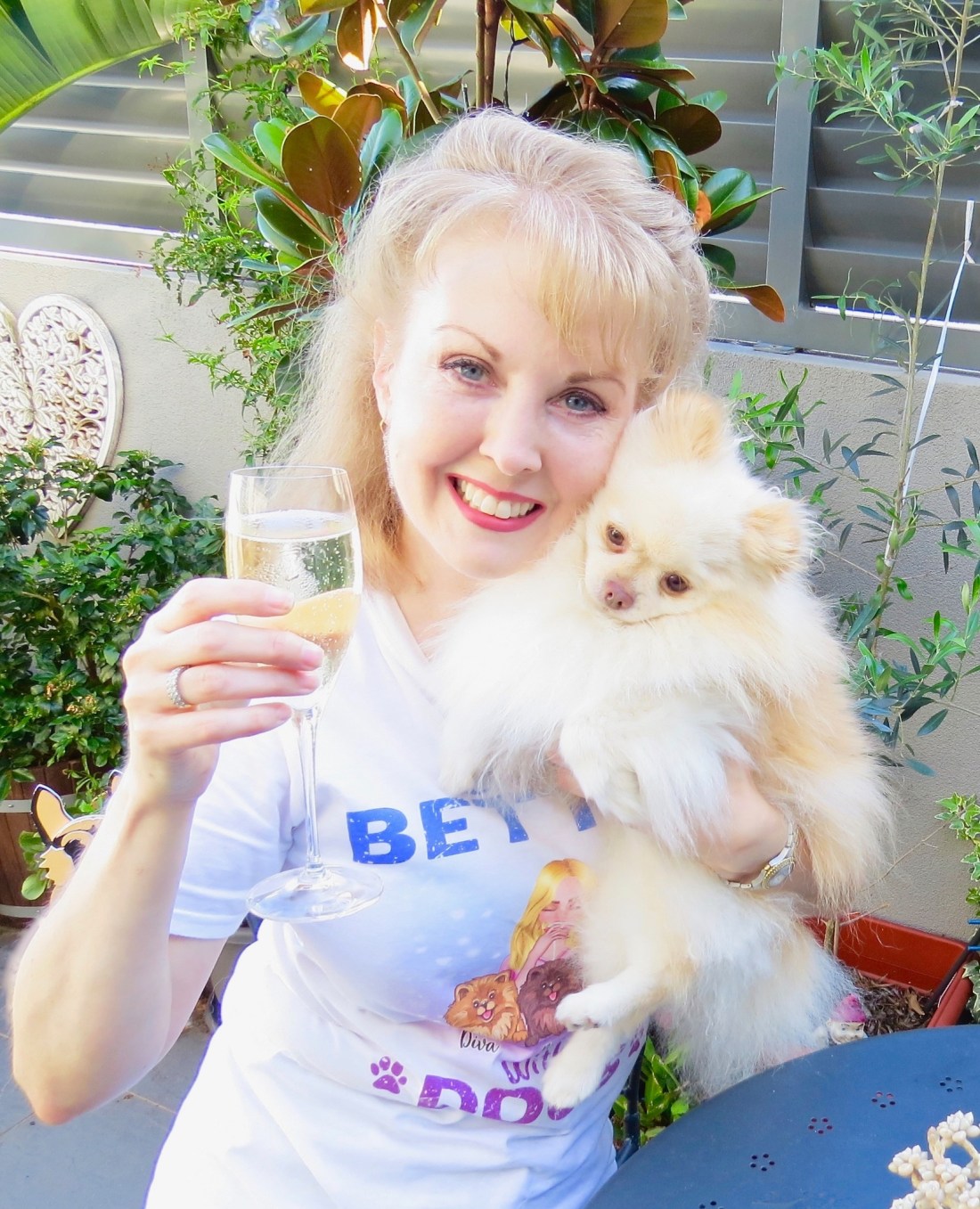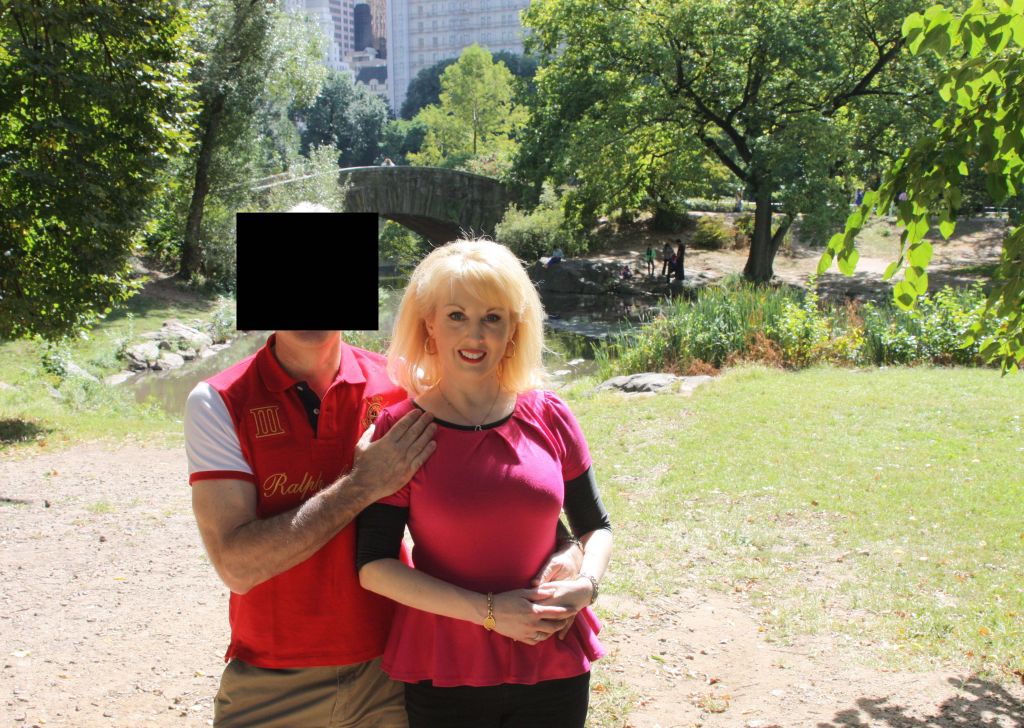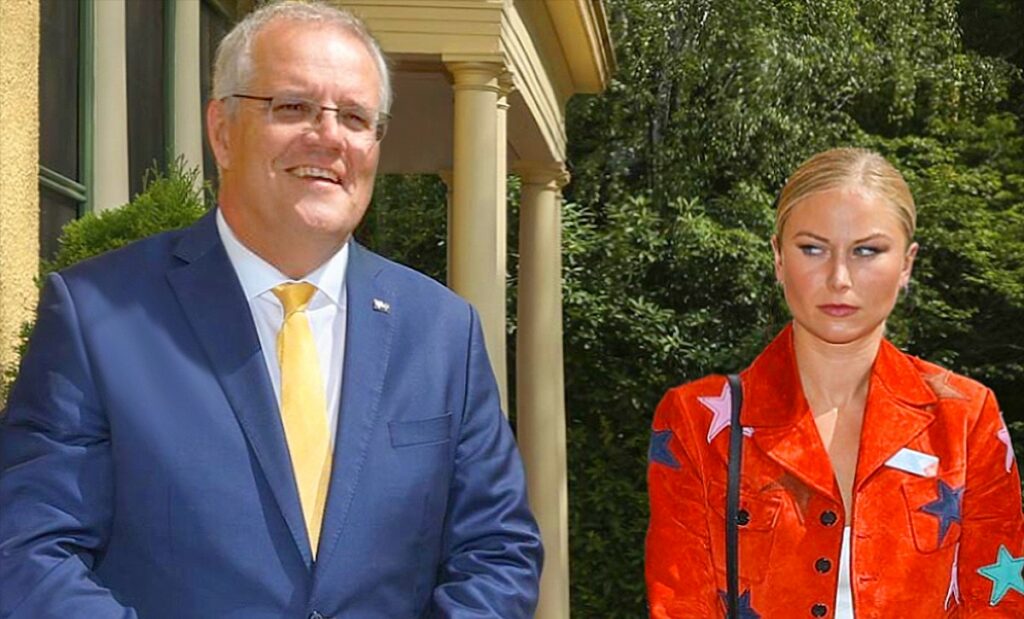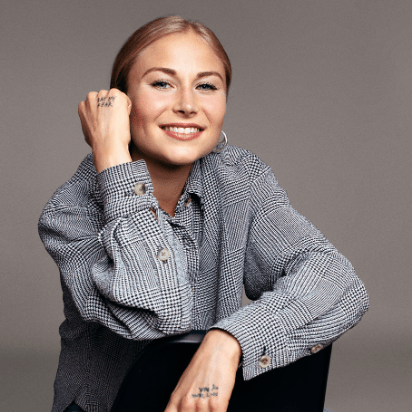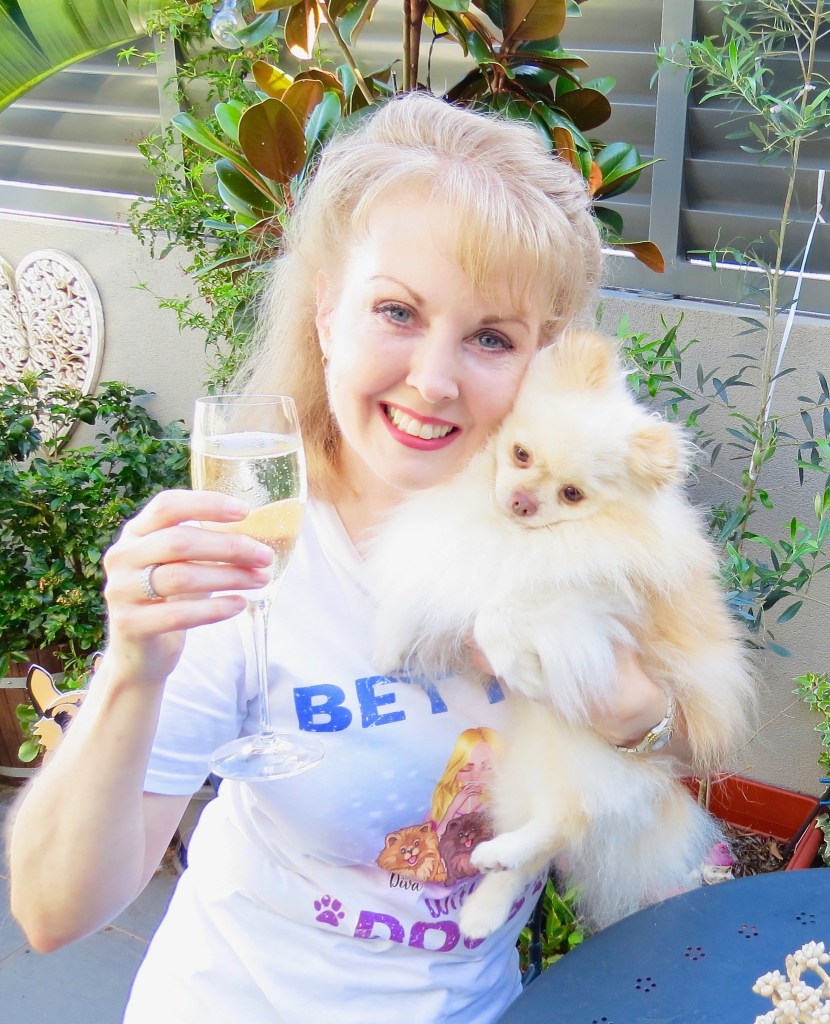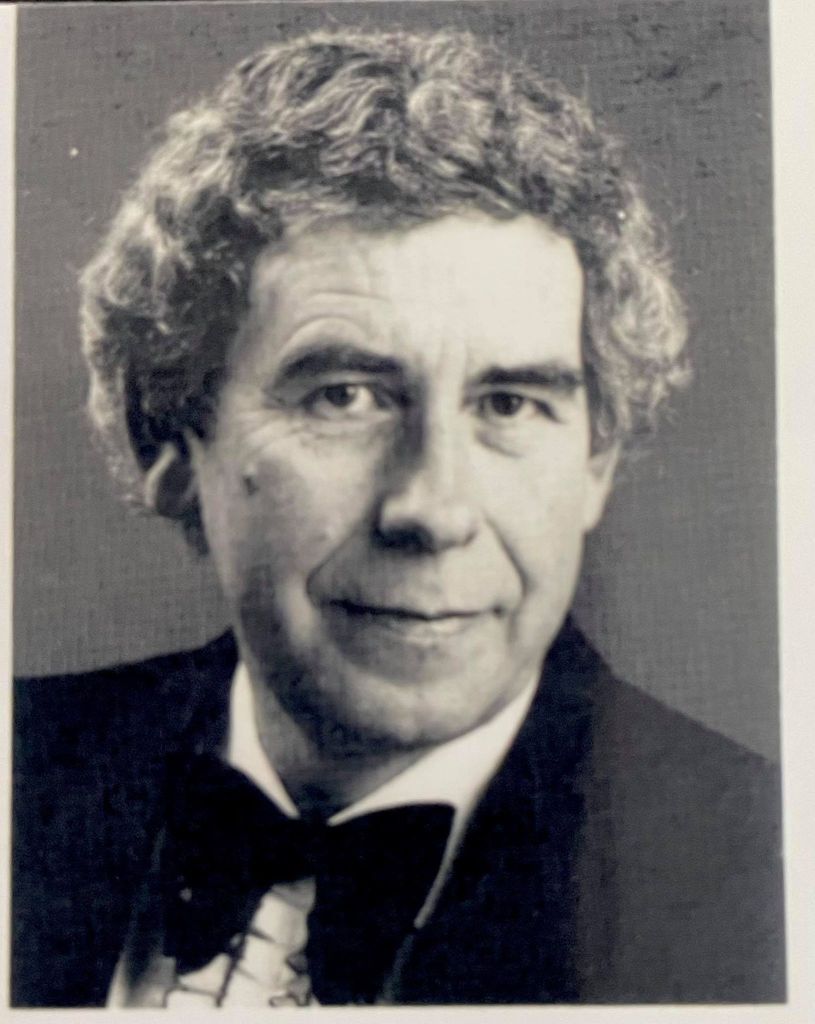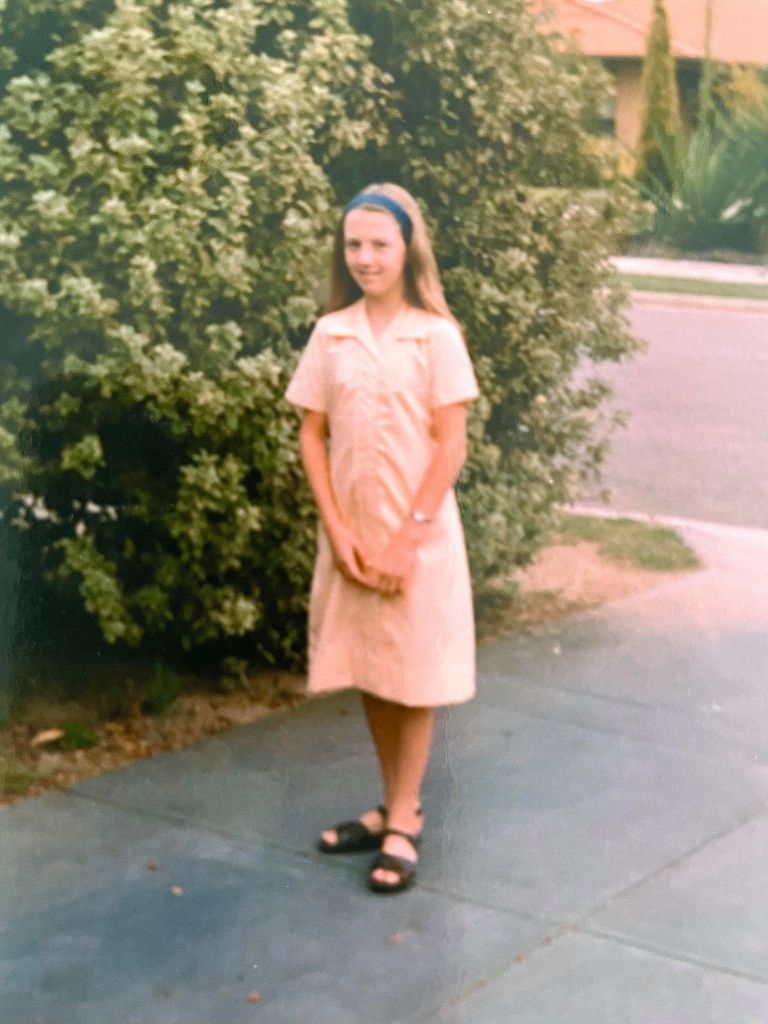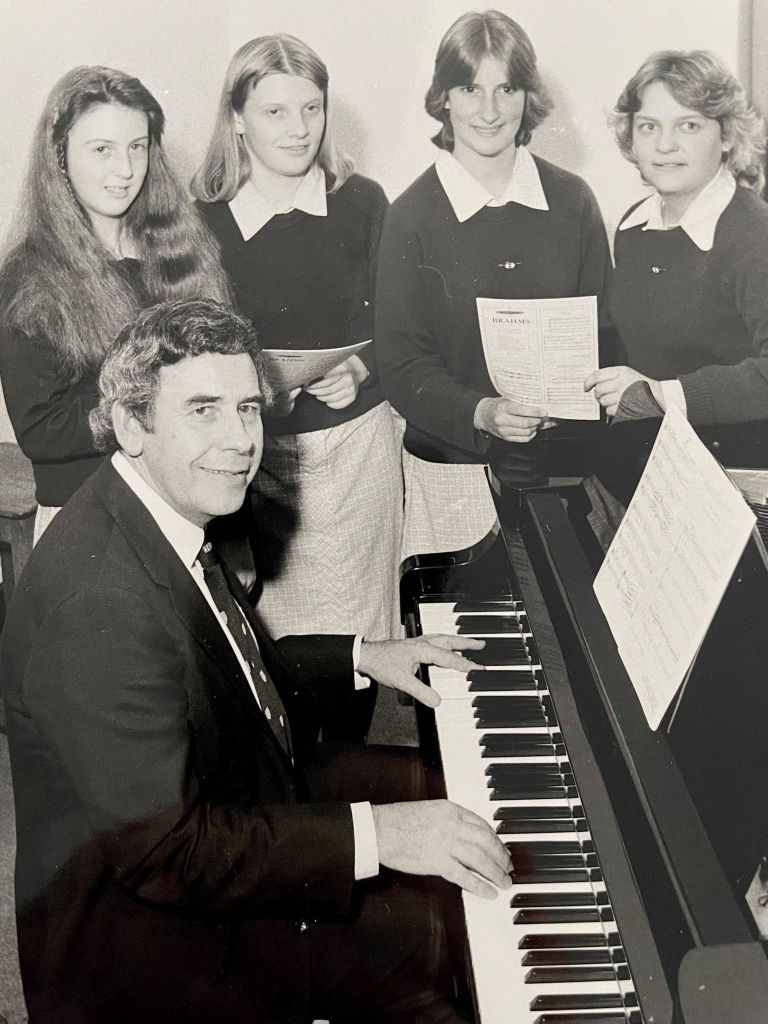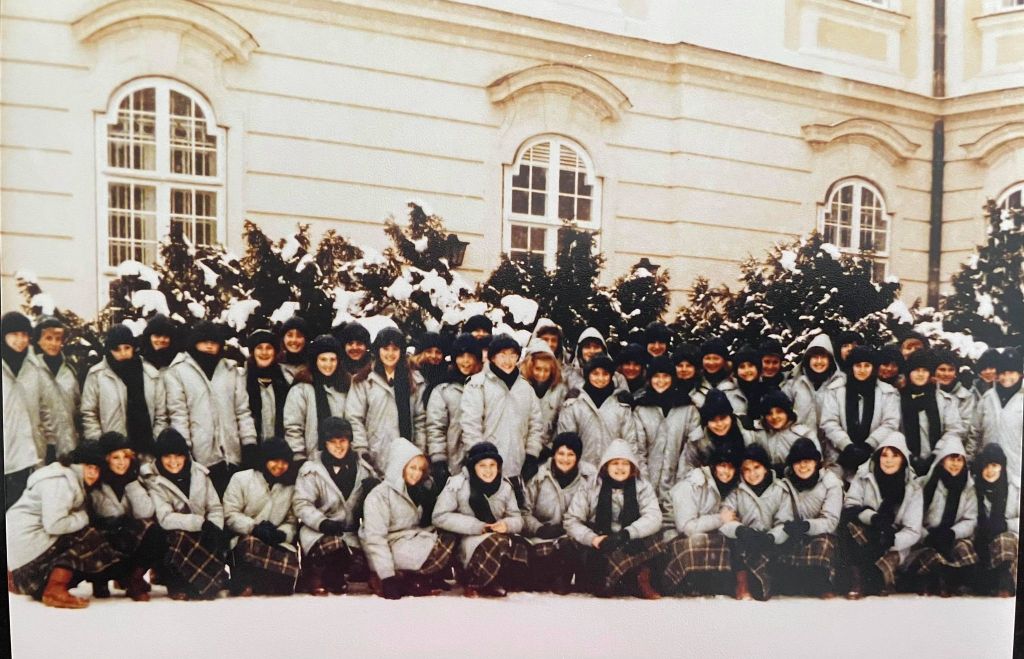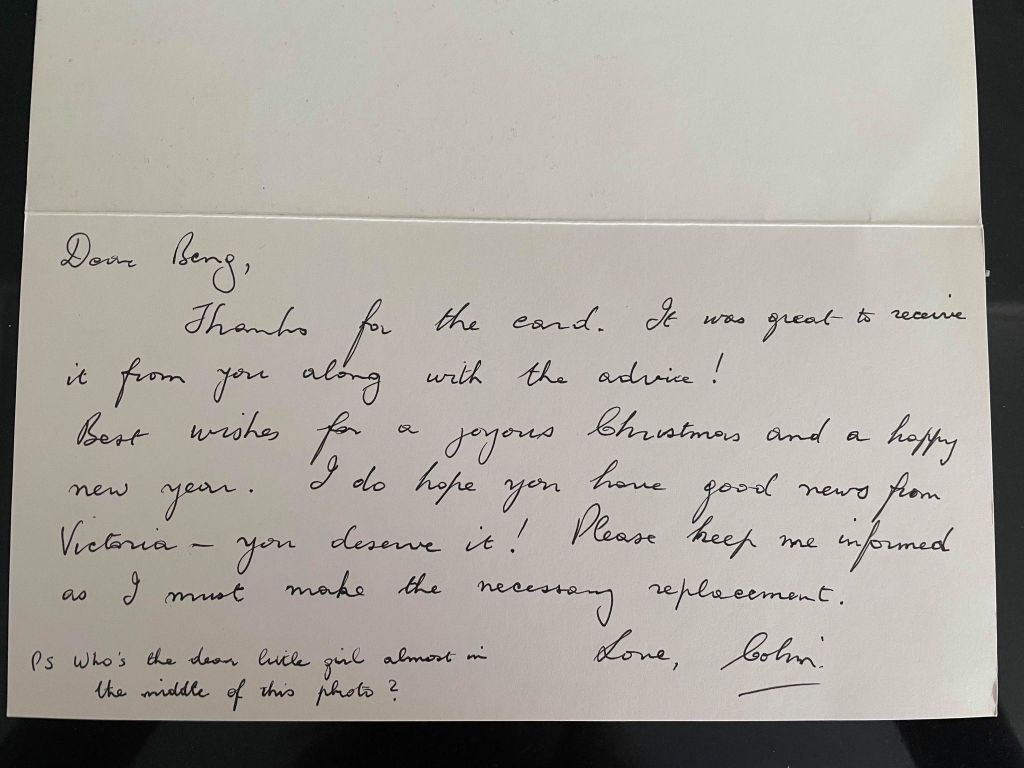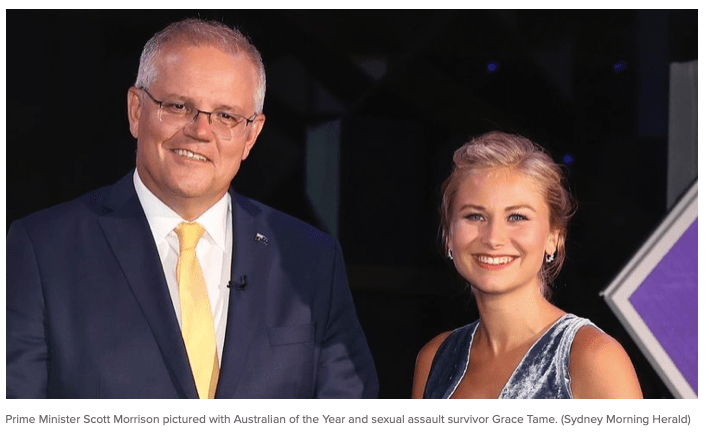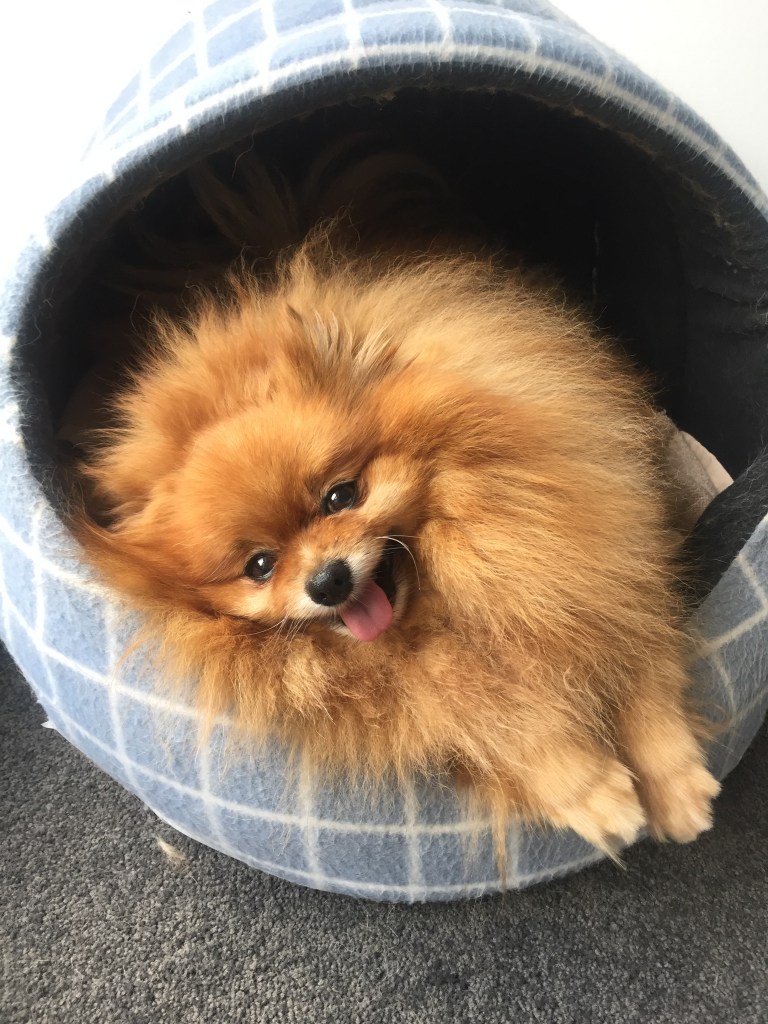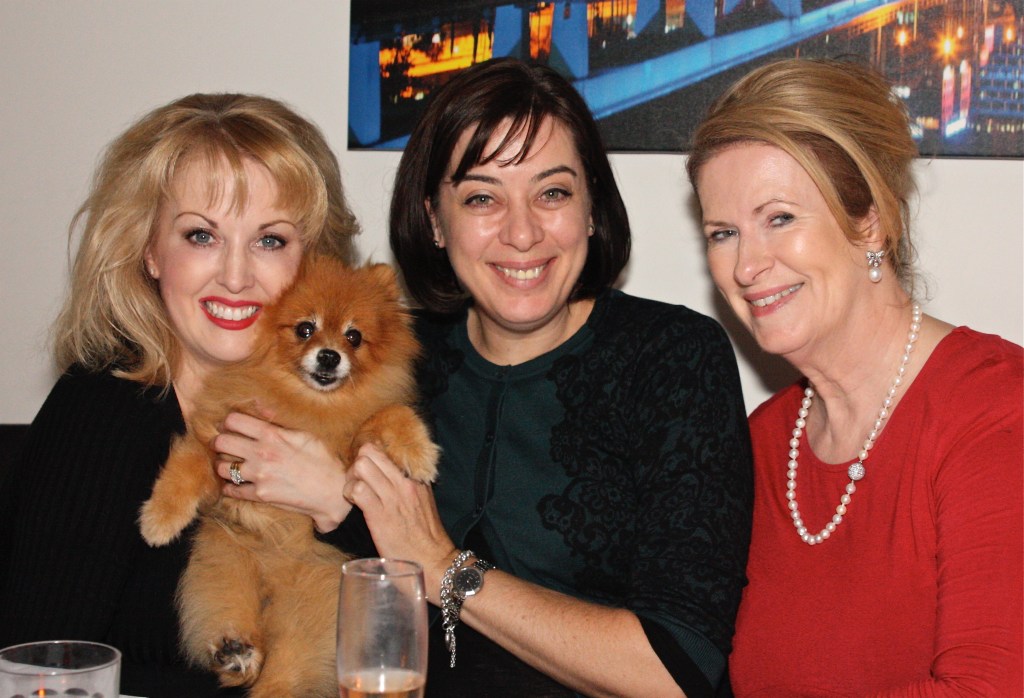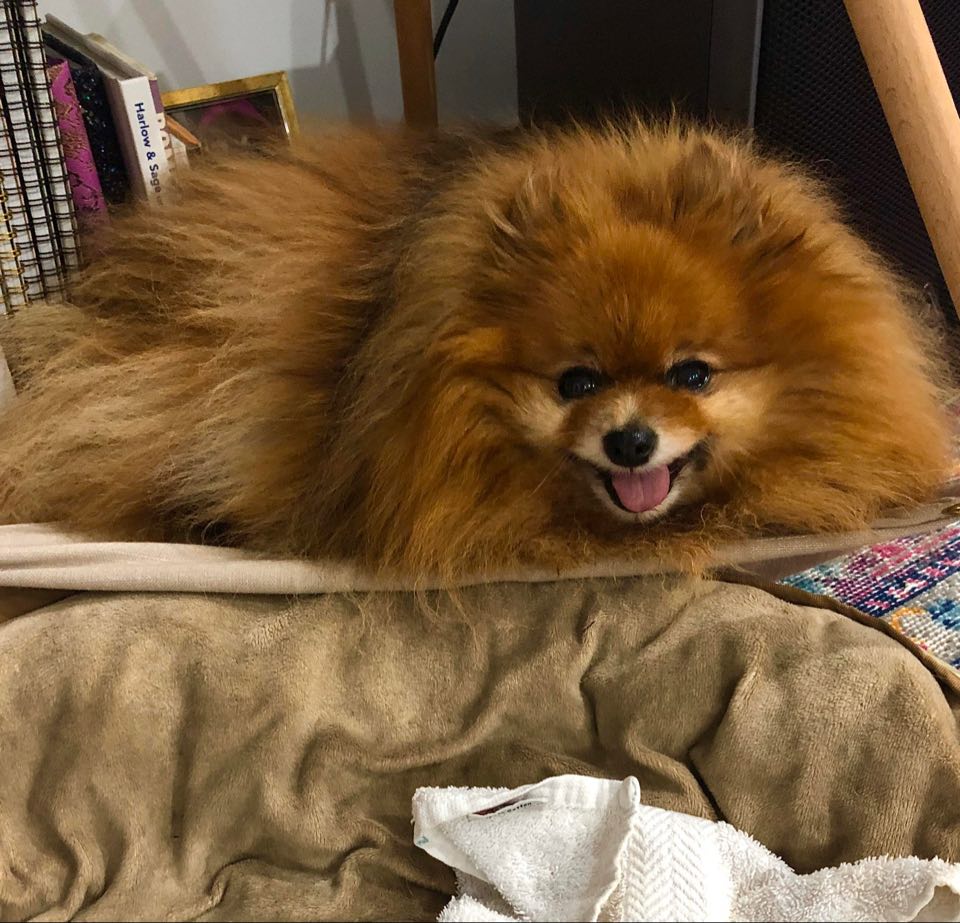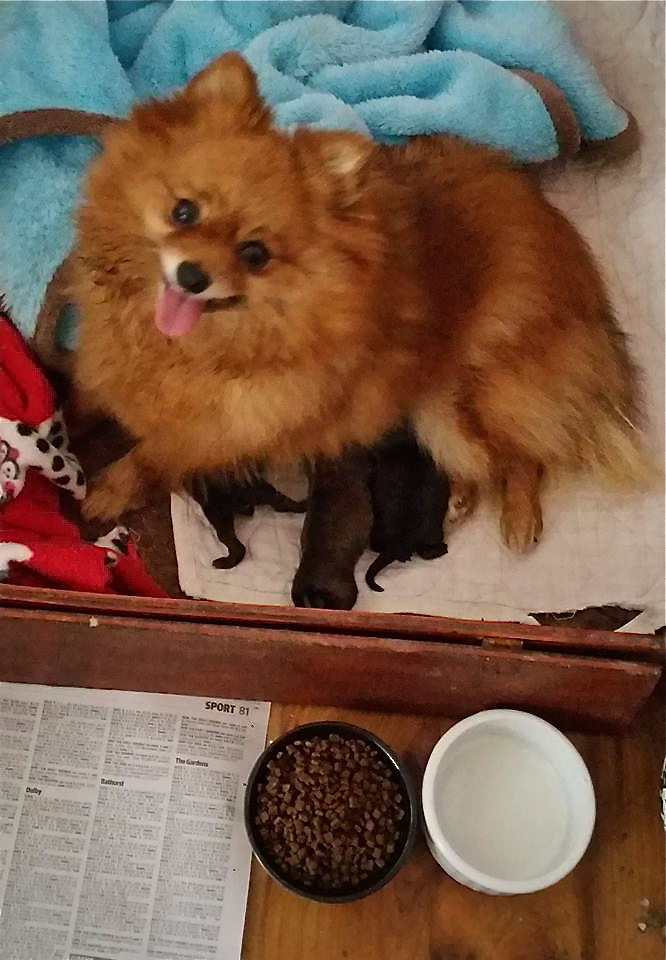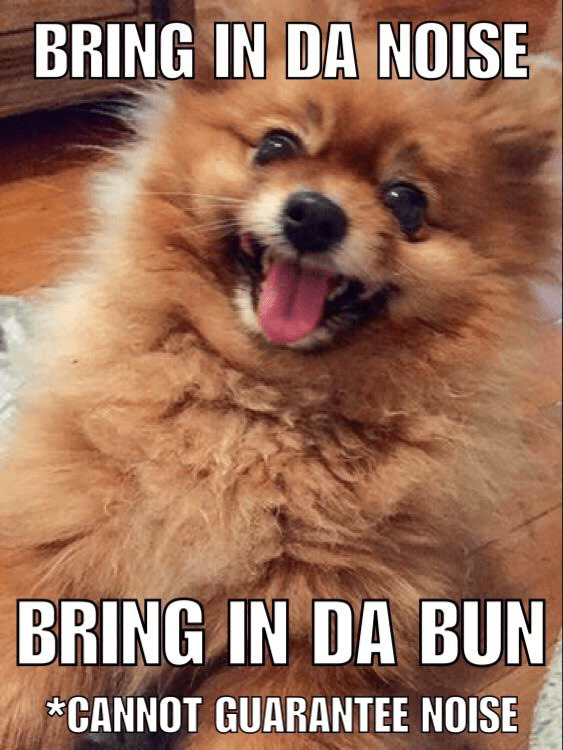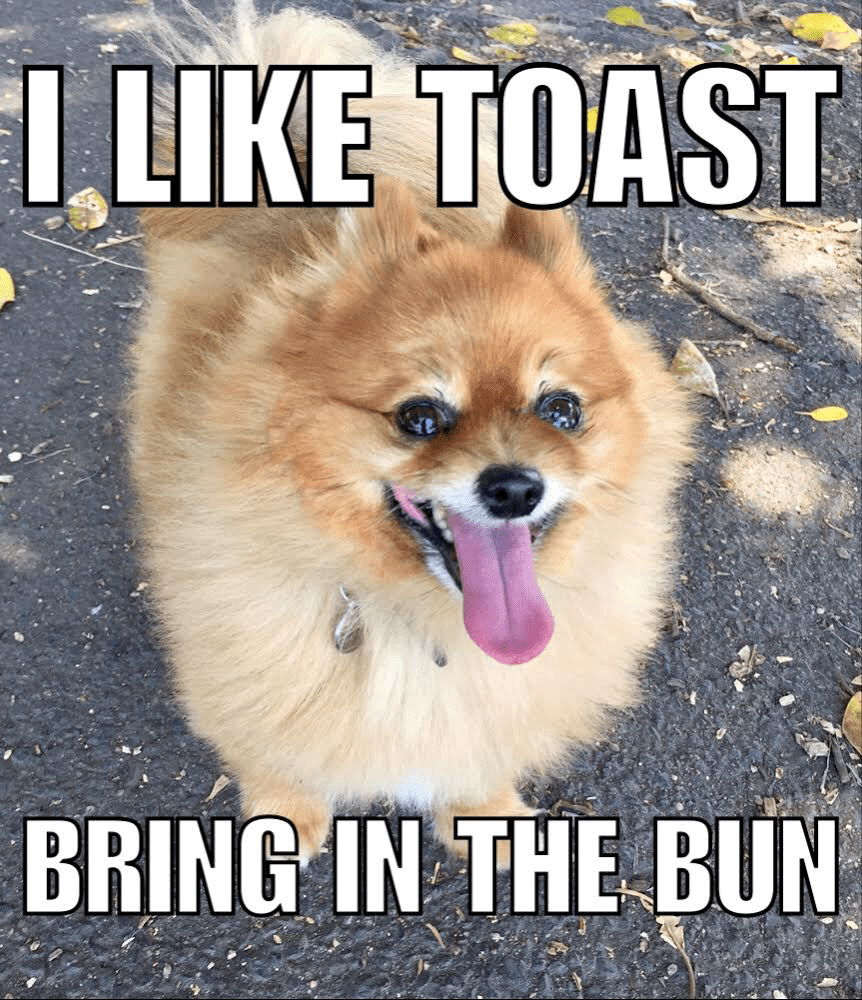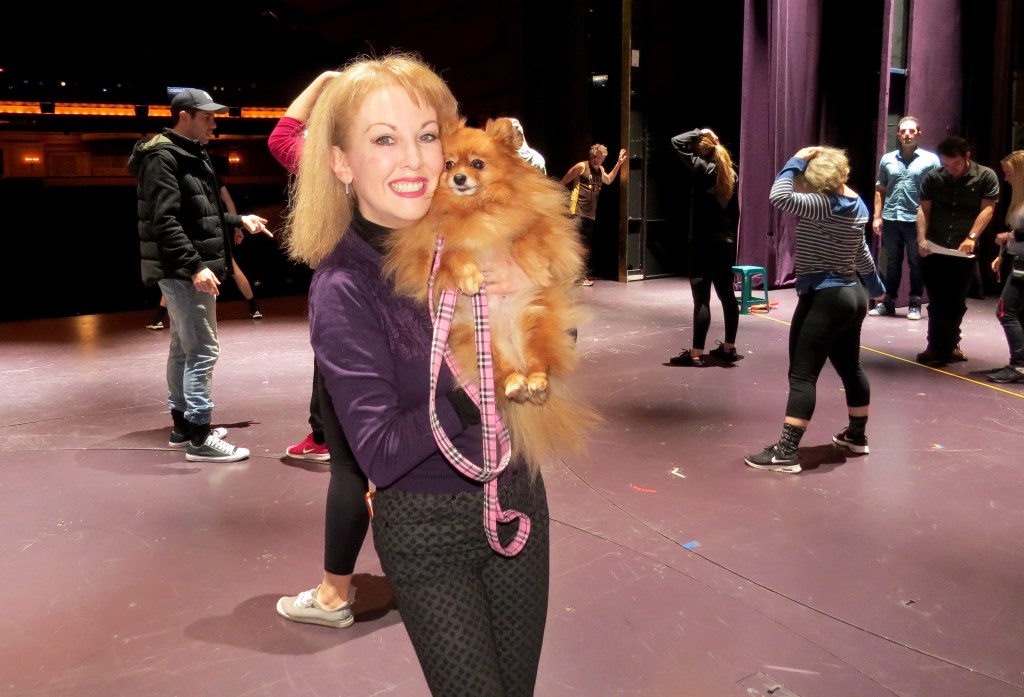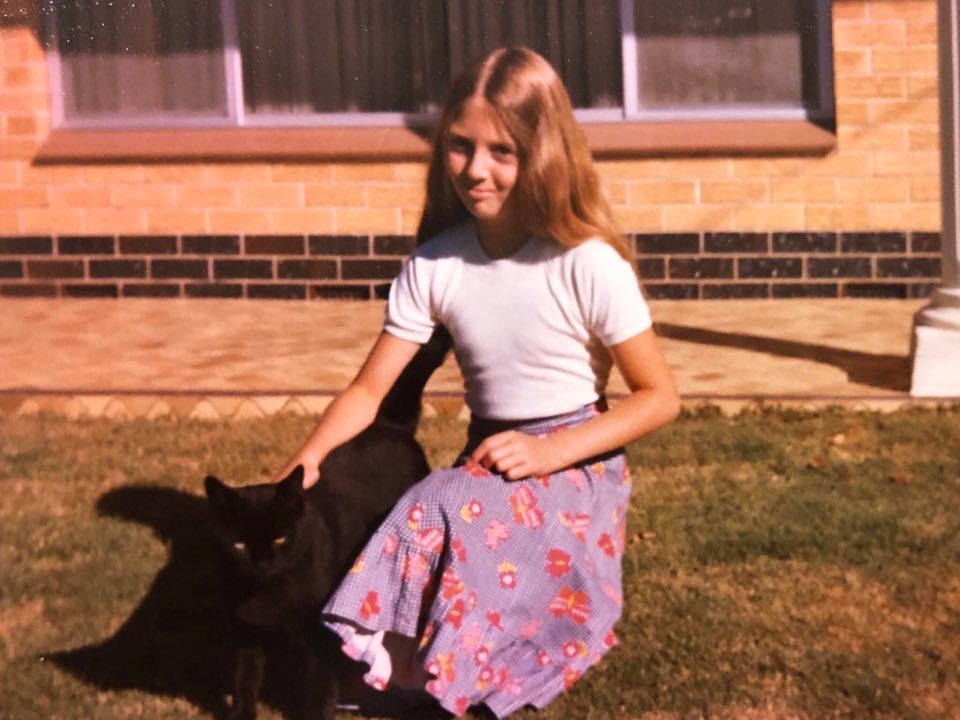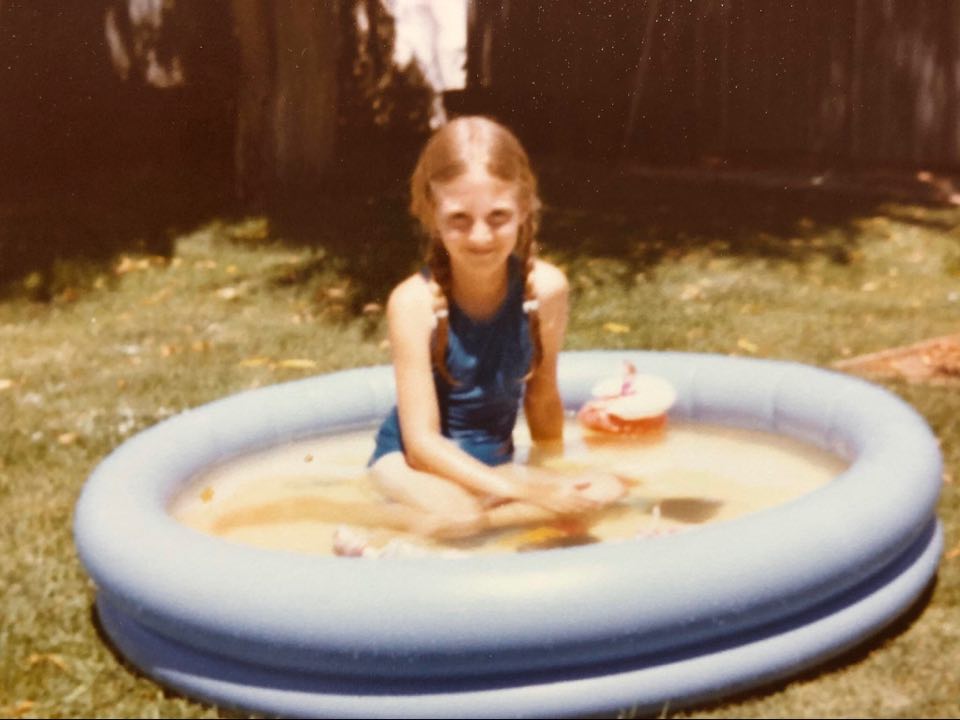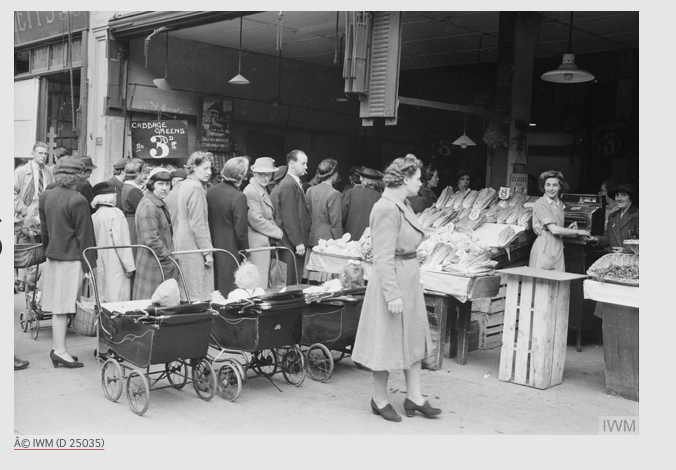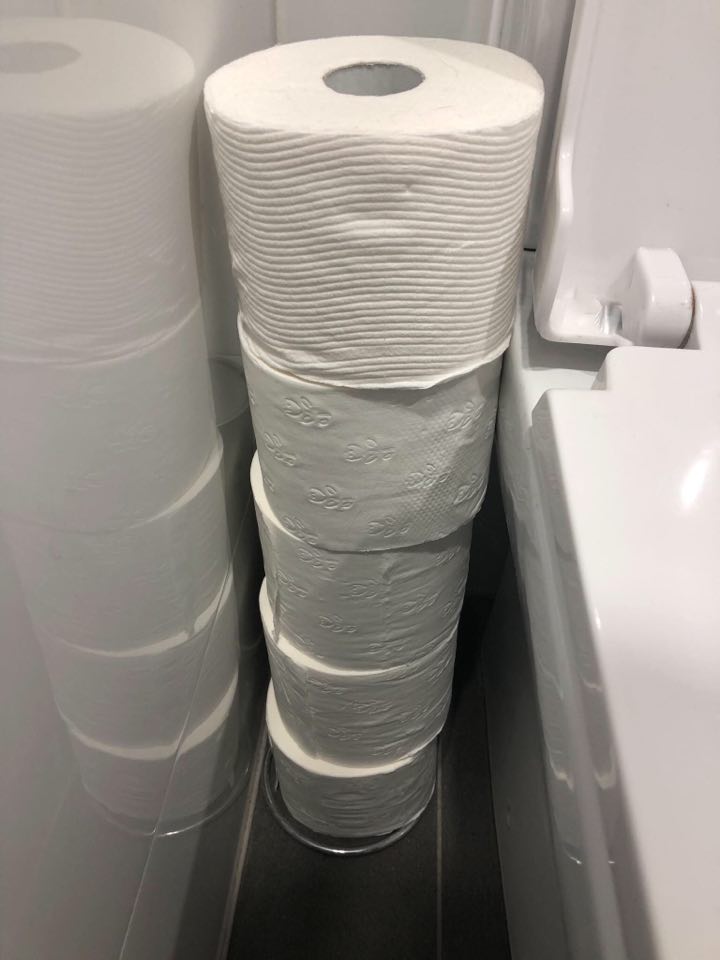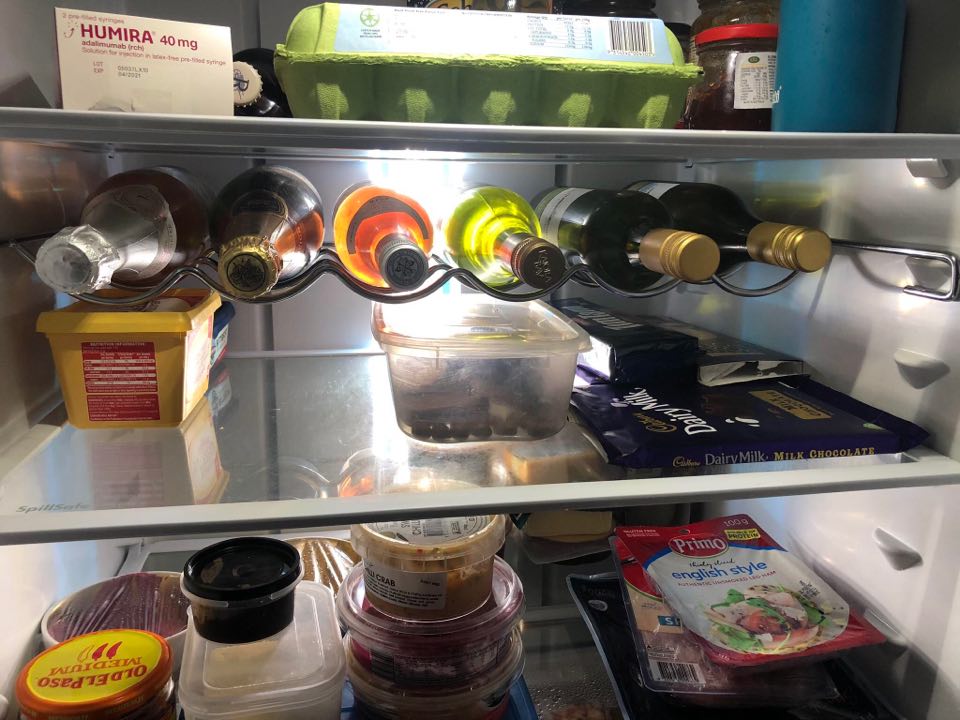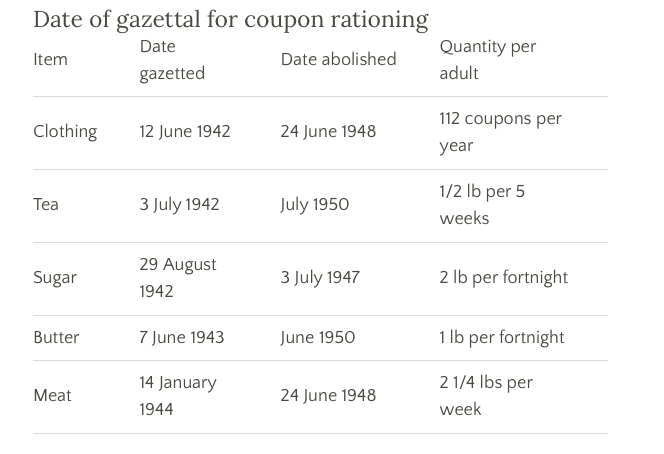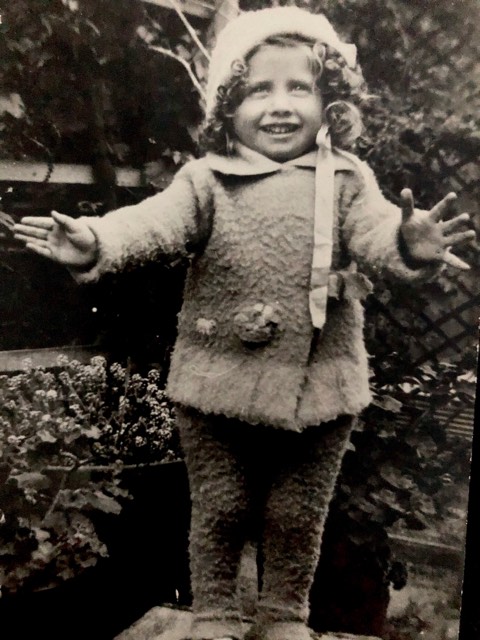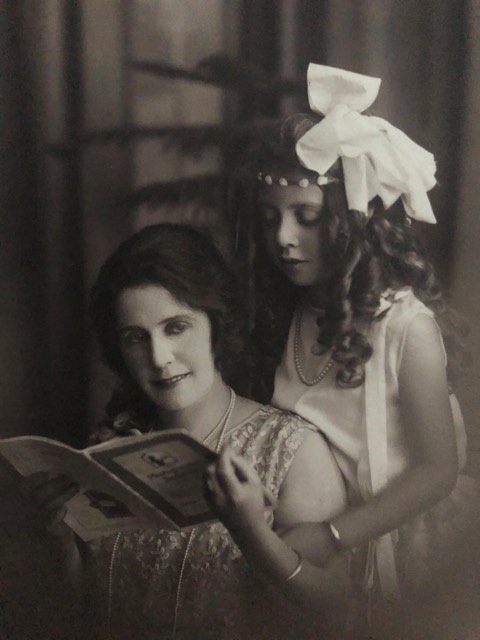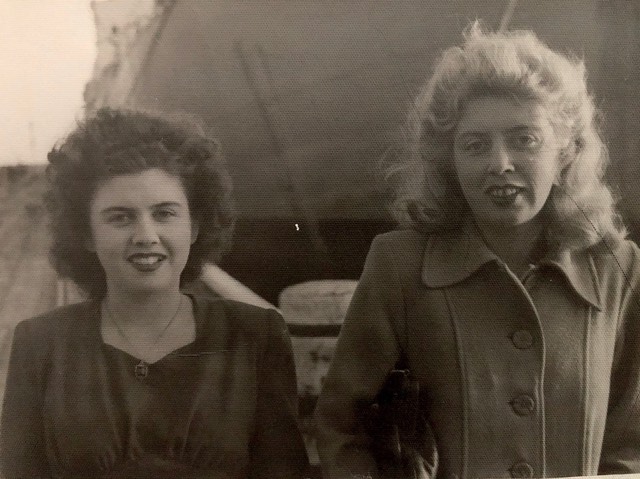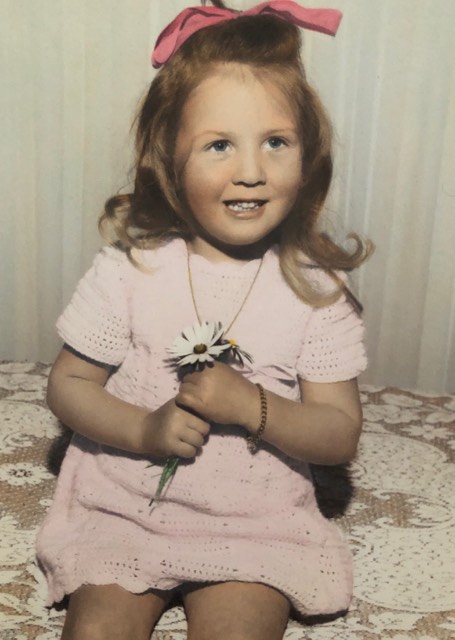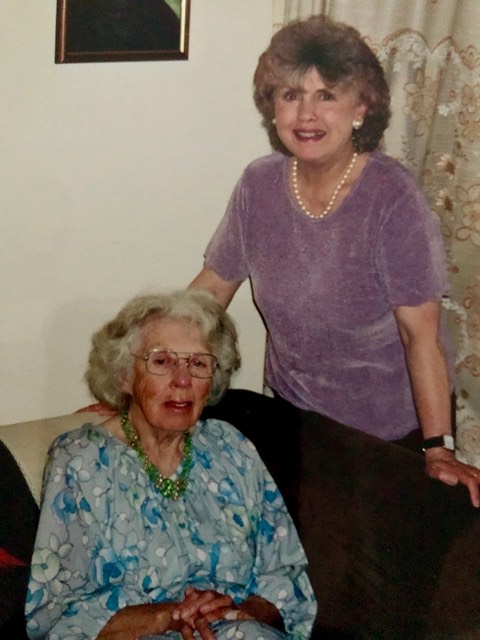These are fraught times in which we find ourselves. War, economic stress, pandemics and beyond. We are coping with an avalanche of triggers raining down on our collective heads. This week has released a trigger that is so multi faceted it is hard to know where to begin.
Abortion.
The right to choose.
There is not a person reading this who is devoid of an opinion or an experience connected to this gargantuan topic. Many of us had naively presumed that ‘Western society’ was settled in a place where personal choice had been accepted. Legislated. Previous generations fighting tooth and nail for the right of a woman to have autonomy over her own body had driven us to our destination where personal choice is a given.
Last week that presumption was obliterated in a blinding flash by the largest yet most fractured democracy on our planet.
For me, such a political development has felt incredibly unsettling. It conjures up emotions of powerlessness and anxiety. It makes me feel indignant. Diminished in worth. Outraged. Resentful. I have had conversations in recent days with triggered female friends who are genuinely frightened about where the future of women is being steered. We are well aware as female members of society we do not have true equality.
A plunge into the dystopian claustrophobia of ‘The Handmaid’s Tale’ is something else entirely.
Women have transparently faced disadvantage for countless generations. ‘Owned’ and traded by men as goods and chattels in blatant patriarchal structures. Shamed as ‘fallen’ creatures and discarded when not conforming to religious or societal expectation. Unable to vote. Unable to open a bank account. Unable to get a mortgage. Unable to apply for a credit card. Unable to join the workforce as a mother. Given limited employment options and less pay for equivalent labours. Some of those battles remain ongoing and some are won.
As modern ‘Western’ women in 2022, we had erroneously presumed the fight for autonomy over our bodies if we conceived a child was won. It’s quite a jolt to realise that is now not at all the case in the Land of the Free.
The very thing that makes a woman an amazing creation is arguably her Achilles heel. She is genetically allocated the task of bearing the next generation. An incredible being who can conceive, carry and deliver a brand new human. Doing so can be the very essence of her soul and the ultimate joy of her life. It is indisputable that the drive to procreate and nurture is an extremely primal force. It is seldom considered that the drive to not carry a child can be equally primal.
I have repeatedly witnessed the elation of a woman who has longed for motherhood and achieved that goal. I have seen the grief of women who have failed in that quest. Those life events are readily discussed. Yet.. pregnancy can impact a woman in a negative way leading to a potential future of irreparable misery.. or even death. Something that society isn’t keen to discuss. We dwell in a culture peddling Hallmark images of happy mothers, babies and beautiful nurturing families. The reality can be ugly. The universal expectation of ‘the joy of motherhood’ muzzles an unspoken reality.
The human condition can be very brutal from the moment of conception onwards. Some pregnancies commence under heinous circumstances. Rape, incest, domestic violence. Some women are simply not physically or mentally well enough to carry a child. Some already have enough children and cannot financially or emotionally raise another. Pro life radicals, applicable Christian groups and the hard right seemingly cannot even countenance contemplating the negative life consequences for a potential swathe of the unborn they claim to champion by banning abortion. A life is not ‘saved’ merely by letting it be birthed.
The legions battling for pro choice fight because they have grasped the enormity of what it means for a fellow human to have no autonomy over their body or future. I myself have always been pro choice and I had good reason to be. Yet I have never discussed my thoughts on any of this with close friends until this last week. I have unexpectedly heard their stories and their anxieties. Abortion really is the baby elephant in the room. You never know exactly what you’ll get if you dare to open the cage and unshackle Dumbo.
Of course it is not my place to tell other’s stories, only my own.

I have obsessively mothered animals since I was a small child. The neighbourhood cats (seen here with ‘Tamba’ from next door in 1978) right up to all the dogs I have adored and babied after I could have pets. I readily acknowledge mothering these animals fulfils a certain need I was born with. I call myself ‘Mummy’ when I address them. I worry about every little bump and scratch and joyfully prepare all their meals. The dog’s needs come before my own. Each time one has passed away I have been plunged into a perilous state of grief. When they are happy and healthy I experience a peculiar elation. I feel I’ve achieved all I should by giving my fur children beautiful lives and I would be desolate without them.
With such qualities, it follows I was the ideal candidate to have a baby. Nothing could be further from the truth. Facing motherhood would have sent me into a mental health and relationship spiral so dire, even now the thought takes my breath away.
I have suffered from a condition called tokophobia all my life. A psychological state where thoughts of pregnancy, birth and even infants cause intense anxiety and distress. Tokophobia varies in its intensity and can be brought on by negative mothering, exposure to negative birthing stories at a young age and also by sexual assault. Unfortunately I hit the jackpot with all of those and the outcome was a young woman who needed a sedative to even attend a baby shower. I very much wanted to be different. I wanted to conquer it and I wanted to want to be a mother. However, the tools were not there and neither was the forum to ever reveal what I was going through.
A pivotal thing that got me through a maze of social expectation, family criticism, spousal cruelty on the topic, grief at my own inadequacy and a paralysing fear at ever falling pregnant is the thing that has been stripped away from my American counterparts.
I always knew I’d have the right to choose.
As fate would have it I never had to make the choice because I never fell pregnant at any time in my reproductive life. Perhaps I would have surprised myself in a torrent of hormones, but I consider that unlikely. I do know with hideous clarity that if I had been pregnant in a society where I did not have autonomy over my own body, my mental state may very well have led to dangerous medical choices to get that autonomy back. Possibly suicide if every door was closed to me and coping with the pregnancy was not an option.
Any circumstance in which a woman is forced to birth a child is truly heinous. The only one who knows the real circumstance of a pregnancy is the pregnant person. Their mental health, physical health, genetics, relationship with the father, financial circumstances and dreams and fears are theirs alone. No woman logically wishes to go through an abortion. One would hope it is never a flippant choice. Yet neither should it be a journey so arduous it makes a vulnerable woman even more so. America is not just attempting to control abortion. It is attempting to control women in a frightening regression executed by years of patriarchal manoeuvring. We do not dwell in America, but it is the barometer we should watch. The battles for contraception and same sex relationships and marriage teeter at the same brink.
I passed through my baby making years with the right to choose. I am now divorced, single and toddling into menopause. In an unexpected turn of events, in recent times my abject horror of babies has begun to evaporate. I am able to hold them, cluck over them and feel genuine joy for new mothers. I am beginning to experience a surreal kind of rear vision mirror of what it would be like to want one. There is a peculiar grief in that. A pondering if I lost out because of where I came from, who I partnered with and what that created. I will always bear a sense of confusion and shame over my emotions surrounding pregnancy. I’ll always acknowledge having a child was an insurmountable fear. I certainly know I made it through the trauma a lot more unscathed because of potential choices available to me.
The right to choose. No stone should be left unturned to reclaim that right back from the manipulative grasp of those determined to turn back clocks in corridors of power. The lives of countless women depend on it.

